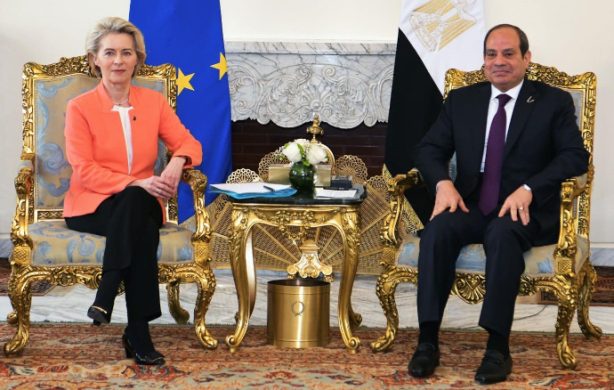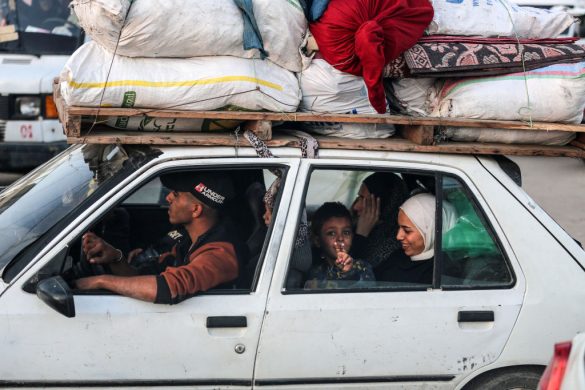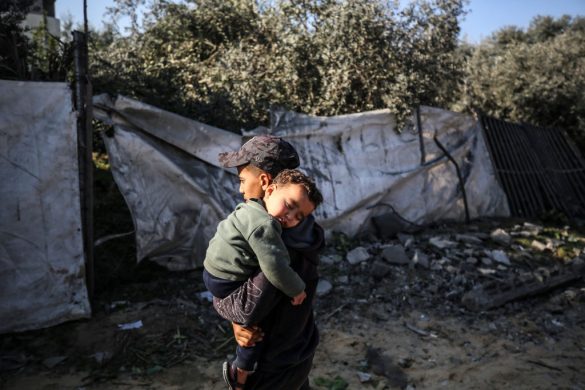On 27 March, UNESCO Director-General, Irina Bokova, opened the 18th session of the International Campaign for the Establishment of the Nubia Museum in Aswan and the National Museum of Egyptian Civilization in Cairo, held at UNESCO Headquarters in Paris. The event took place in the presence of the Minister of Antiquities of the Arab Republic of Egypt, His Excellency, Dr Mahmoud Mohamed Gad El Damaty, the Chairperson of UNESCO’s Executive Board, Dr Mohamed Sameh Amr, and five members of the Executive Committee for the Establishment of the Nubia Museum as well as four observer organizations.
This International Campaign follows in the footsteps of the International Campaign to Save the Monuments in Nubia coordinated by UNESCO from the early 1960s to 1980s. That historical campaign resulted in the safeguarding and preservation of numerous ancient temples and thousands of artefacts. Under UNESCO’s leadership, the international community came together then to chart a new vision of how to safeguard heritage of outstanding value, paving the way to the Convention for the Protection of world Heritage, in 1972.
“We need to think big again today,” declared the Director-General. “We see heritage under attack across the world. We see heritage under pressure from urbanization, from unsustainable forms of development, from the rising impact of climate change,” she continued.
This meeting was an opportunity for the members of the Executive Committee to review the progress of the projects related to the National Museum of Egyptian Civilization in Cairo, the Nubia Museum in Aswan and the cooperation between Egypt and Sudan for Wadi Halfa Museum between 2009 and 2014. The meeting concluded with detailed recommendations, addressing the Egyptian authorities, UNESCO and other partners in view of increasing the projects’ visibility, and international network for fundraising efforts, as well as of building capacities of museum professionals in a variety of fields.
The Egyptian authorities targets the NMEC’s soft opening for summer 2015.
The Director-General highlighted the progress made, particularly in reinforcing the capacities of museum staff and in evaluating the National Museum of Egyptian Civilization.
“There is still much to do,” declared Irina Bokova. “Today I call on all Member States to do more to conduct this campaign.”
The Minister of Antiquities emphasized the “we want to pursue our cooperation with your august Organization in order for the Museum which is worthy of Egyptian civilization, the heritage of mankind to be created”.
The Chairperson of the Executive Board joined in declaring that “[in light of] the senseless intentional destruction of cultural heritage in a number of countries in Africa and the Middle East, we should bear in mind the lessons learned from the Nubia Campaign and renew our commitment to join forces to preserve humanity’s common heritage, in order to promote the ideals of tolerance and peaceful co-existence.”
http://www.unesco.org/new/en/media-services/single-view/news/internation…















